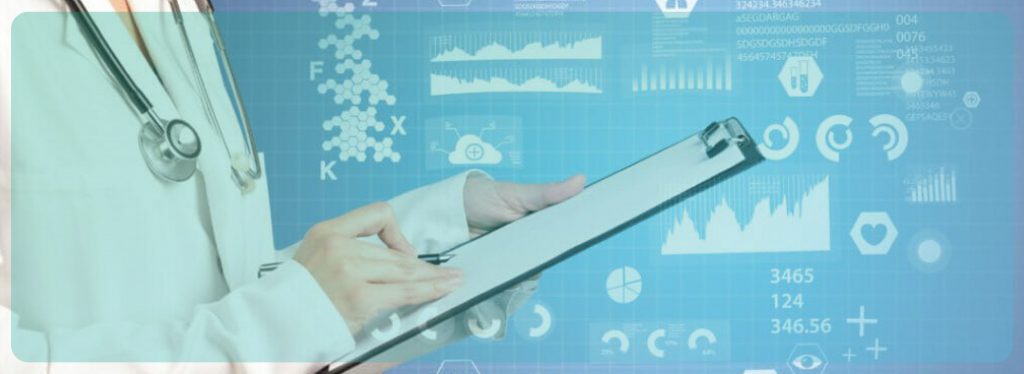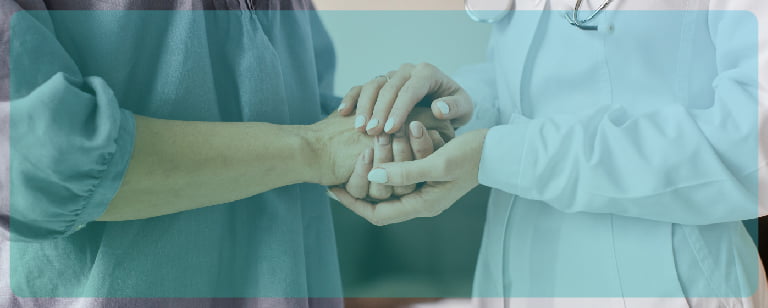
CRM for Healthcare: Benefits and Limitations
Introduction
In the world of business, a CRM system is critical for success. It stores customer data and interaction history, so companies can better understand their customers and market to them more effectively.
But what about healthcare? Is a CRM system necessary in the medical industry? The answer is maybe. While there are many benefits to using a CRM in healthcare, it’s not without its drawbacks. Here we’ll explore what CRM is and what it is not, so you can make an informed decision about whether or not to implement one in your own healthcare organization.
Key Learning Points
- Healthcare CRM is a customer relationship management system specifically designed for healthcare organizations
- The main goal of healthcare CRM is to retain existing patients and attract new ones
- The two key benefits of healthcare CRM are the ability to provide personalised experiences and help in building patient loyalty
- Availability of data and their limited role in improving patient experiences are two major limitations of healthcare CRM
- A patient relationship management solution can complement a healthcare CRM by increasing patient satisfaction and building loyalty
What is CRM for Healthcare?
The business goal of CRM is to improve customer satisfaction, loyalty and profitability. Healthcare CRM is a customer relationship management system specifically designed for healthcare organisations. Its main goal is to help retain existing patients as well as attract new ones. It aggregates different data to create a comprehensive profile. Examples of data collected include the patient’s demographics, clinical information, interactions with the hospital’s website and call centres, financial information and other relevant details.

Two Key Benefits of CRM in Healthcare
Broadly, there are two key factors that drive the need for CRM in healthcare, as shown below:
Deliver Richer Experiences to Patients
Earlier healthcare was highly prescriptive, especially in hospitals. The healthcare provider decided what was best for the patient and implemented it. Now, the model has evolved to be more “collaborative” with the patient at the core of key business decisions.
Today’s healthcare customer seeks personalised care experiences. To do this, healthcare institutions must collect, store, and analyse massive volumes of data. This system can help providers personalise each patient interaction, leading to richer patient experiences.
Boosting Patient Loyalty
A CRM helps organisations reach consumers with the information they need through the communication channels they prefer. A CRM is much more than a database of your patients; it encompasses both technology and strategy to help hospitals be proactive and predictive to improve customer loyalty.
An Example Application of CRM in Healthcare:
CRM for healthcare helps provide personalised care experiences. Here’s an example of a highly personalised experience. Let’s say a hospital has been serving a customer John Doe for the last 2 years. And based on his history, they know that he is allergic to a particular medication. When John visits for a surgical procedure the next time, the provider can use this information.
For example, they can say that due to his allergic reaction to medication “x”, they have prescribed “y”. This level of personalisation will surely delight the patient and can increase their trust in the healthcare provider by leaps and bounds.
Limitations of CRM in Healthcare
While CRM in healthcare can offer many benefits, it also has its share of limitations.
Availability of Data
Hospitals need data readily available to provide personalised experiences as shown above. The CRM solution should be able to seamlessly talk to the hospital HIS and the Electronic health record of the patient. However, as highlighted in a recent piece in Forbes, providing this kind of personalisation is challenging. This would need gathering and integrating data from hundreds of touchpoints. This is particularly challenging for a country like India, where electronic medical records are at a nascent stage.
Limited Contribution to Improving Patient Experience
In a traditional context, a CRM solution would involve solutions like giving loyalty or reward points to customers. While loyalty programs do have their role in healthcare, delivering a stellar patient experience is equally important for fostering loyalty.
For example, a CRM solution can’t reduce patient waiting times or provide them multiple convenient appointment booking options. A CRM for healthcare solution may or may not include a feedback module that makes it easy for patients to give feedback and administrators to provide timely resolutions.
Conclusion:
In the healthcare context, a CRM solution can deliver personalised experiences. However, insufficient data can be a bottleneck for healthcare providers in managing relationships with patients. Also, a CRM may not have all the features needed for providing exceptional patient experiences.
A patient relationship management solution can complement a CRM solution and address its limitations. A PRM solution can help healthcare providers provide superior patient experiences and build patient loyalty. Memorable patient experiences can also help drive referrals and improve the online reputation of hospitals.
5Mins Read
Author | BestDoc Editorial




